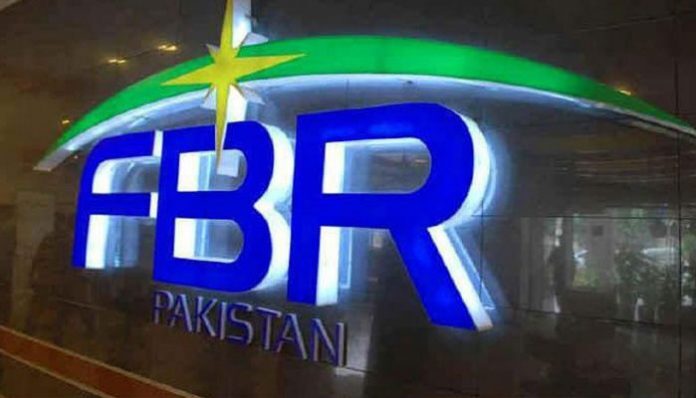The Federal Board of Revenue (FBR) has taken a significant step toward revamping Customs operations in Pakistan by announcing the formation of 16 working groups.
The initiative aims to assess and potentially modify existing laws and procedures, with a particular focus on replacing the Web-Based One Customs (WeBOC) system.
The designated working groups cover various aspects of Customs operations, including Appraisement, Preventive measures (including Anti-smuggling, Confiscation, and auctions), Exports and Quota Management, Transit, Criminal Proceedings, Case management functions, Post Clearance Audit, and Valuation, among others.
The FBR has outlined the Terms of Reference (ToRs) for the working groups, emphasizing the need for a comprehensive business process analysis. To facilitate this, international consultants have been engaged to develop artifacts for a new digital system to replace WeBOC.
This consultancy extends to proposing changes in laws and procedures, as well as implementing effective change management strategies.
A Project Implementation Committee (PIC) has been established by the FBR to oversee the consultancy process, and in support of the PIC, Working Groups have been formed to address specific workstreams within Pakistan Customs.
The primary objective of these Working Groups is to conduct an operational technical assessment of the business requirement specification document prepared by the consultants, along with evaluating their recommendations for their assigned workstreams.
Notably, the international consultants’ services are financed through the Technical Assistance component of the World Bank’s Pakistan Raises Revenue project.




